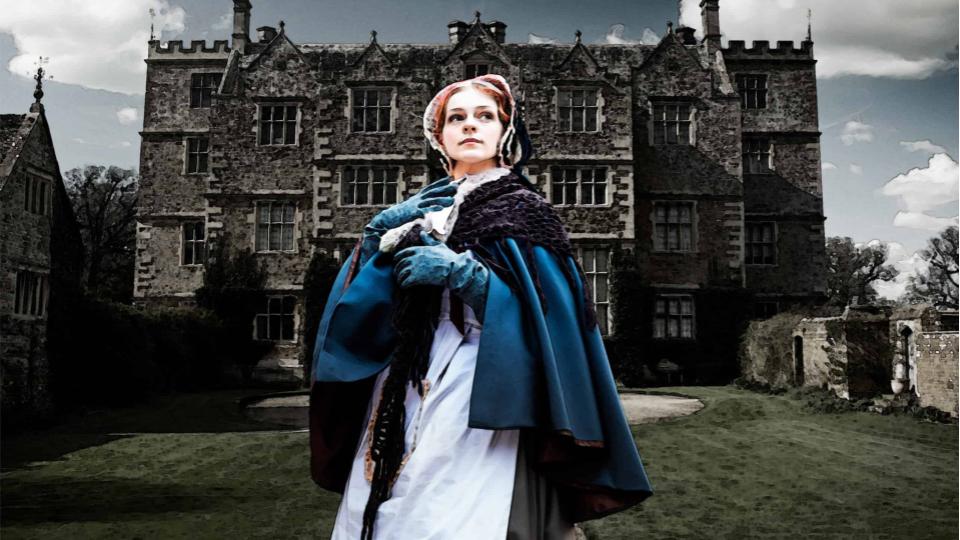Spoilers ahead! But also this book has been out since 1847, soooo…
A classic bildungsroman. A gothic tale full of romanticism and turmoil. There is a reason why Jane Eyre, a classic novel published by author Charlotte Brontë 178 years ago, still resonates with readers to this day.
We might not still exist in the regency period of the 1800s, but the themes of love, finding life’s meaning, and staying true to yourself are still prevalent today. Jane Eyre is not a classic love story, with the fact that almost half of the book revolves around Jane’s abusive and lonely childhood. But still, when Jane meets Mr. Rochester, her moody employer twice her age, their story isn’t exactly fairytale perfect. As most love stories, Mr. Rochester tries to make Jane jealous by revealing his love and courtship to another high-class lady. In a cliched fashion, this works, and Jane is jealous, but she still holds true to herself and resolves to focus solely on her job as his governess.
Later in the novel, both Mr. Rochester and Jane confess their love for each other, and decide to get married. But the wedding goes awry when it is revealed that Mr. Rochester is already married to another woman, who is sheltered in their house because of her insanity. Mr. Rochester was pushed by his family to love her, but soon realized he never could. This is not what you would expect from a romantic tale. An insane woman with violent tendencies has been living in their house, married to Rochester himself?
Mr. Rochester begs forgiveness from Jane, pleading and yearning for her love. But, as always, Jane has a fierce moral compass and an intelligent mind. She knows she is in love, but also knows that she doesn’t deserve to be lied to, and live in a situation where she would feel inferior the rest of her life. So she leaves, to his wailing despair.
Jane Eyre is not a fantasy. It is a brutal telling of what love actually looks like. Real love is finding your person, going through life’s worst obstacles, and still choosing them in the end, like Jane chooses Mr. Rochester at the end of the novel. Love isn’t perfect. It’s not characterized by meeting someone and never having any problems for the rest of your lifetime. Hardship and devotion are the juxtaposing ideas that characterize a normal relationship.
Jane is admirably independent. For a life tormented by abuse and tragedy, she always decides to forge ahead, making her own decisions and being unabashedly herself. She reminds female readers that they can be the leading ladies of their own lives, starting at any age. Her strength and character model the kindness, love, and perseverance everyone should enact.
When reading the novel, it is also very clear that Brontë was ahead of her time. For a time consumed by slavery, prejudice, domestic inferiority, and violence, Jane Eyre has none. Both Jane and Mr. Rochester condemn the act of slavery, and Mr. Rochester confesses multiple times that he would never resort to abusing a woman. A low bar, obviously, but for a book written almost 200 years ago, it’s pretty groundbreaking for its time.
All in all, Jane Eyre is a classic coming-of-age novel, a story ahead of its time, and it conveys important lessons, especially for women. Jane seems like the first female protagonist to stand up for herself, not settle for less, and follow her own desires and moral compass, which is pretty inspiring to any female reader.

